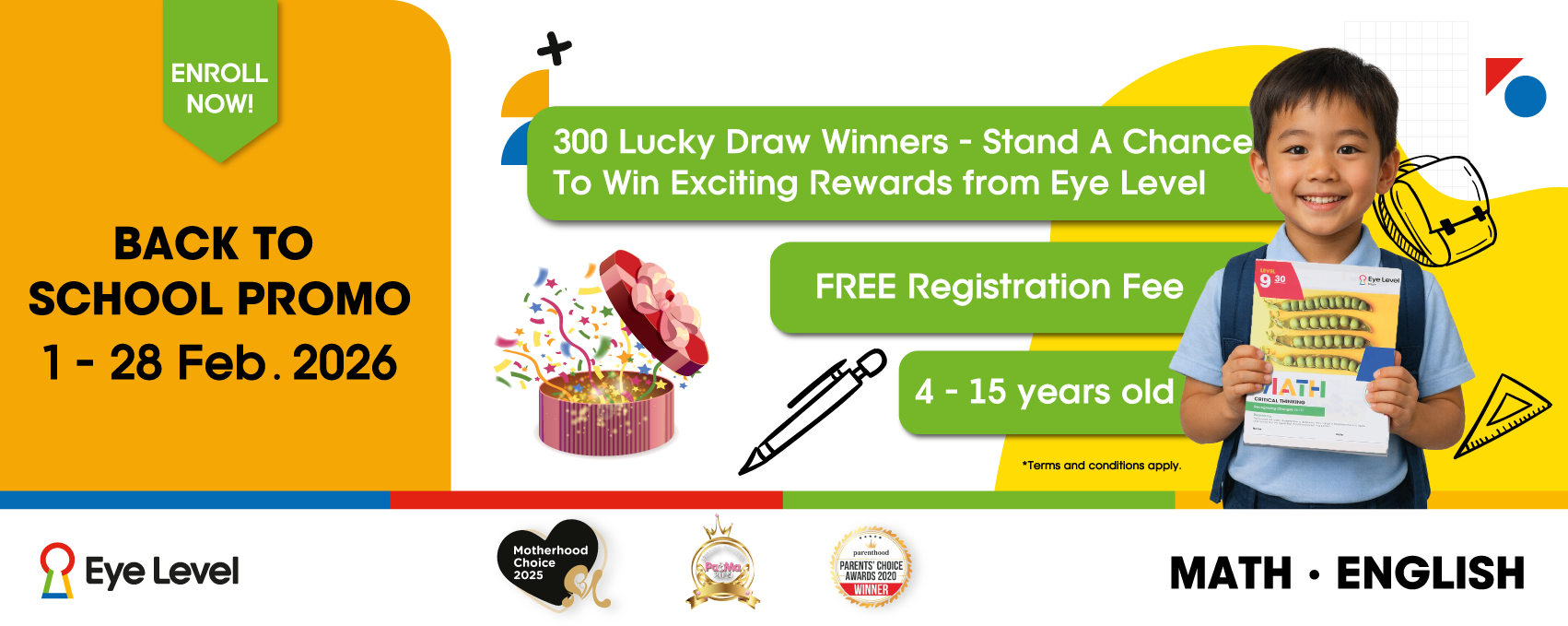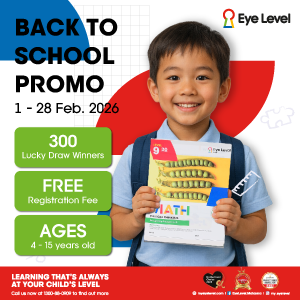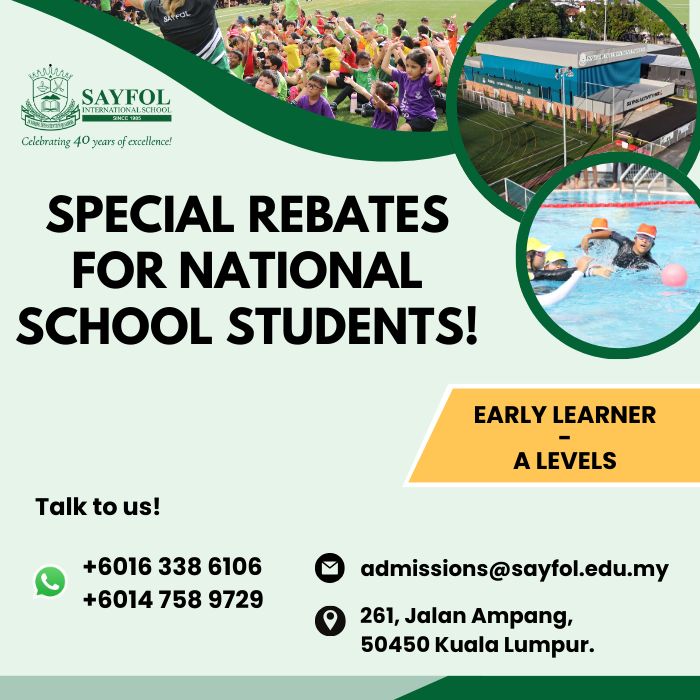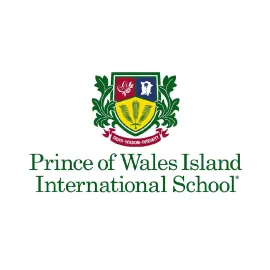Written by Choo Li-Hsian
We know that keeping kids busy and away from screens during the long school holidays can be a real struggle. Every parent is familiar with the "I'm bored" chorus refrain that is often heard at this time of the year. Some of us may have assessed the post-pandemic scenarios and chosen to spend this summer break at home. To help, we have put together a list of educational experiences (indoor and outdoor) around the city that can not only help your kids beat school holiday boredom, but also keep the whole family entertained. We have included educational experiences with a little bit of culture, creativity, art, science, history, literature, body awareness, and overall character-building soft skills.
1. Culture and Creativity: Tap into your child's multiple intelligences at Toy8 Playground
You may like to visit Toy8 Playground, an experimental edutainment playground concept from Japan that was developed by ex-MIT researchers, creative directors and educators. The playground is filled with original hands-on toys that are inspired by various Japanese products, techniques, and cultures. The idea is to naturally stimulate your child's interest in wanting to engage, play, and learn more independently.
The space is principally informed by the Theory of Multiple Intelligences developed at Harvard University. The theory argues that instead of seeing intelligence as a single general ability, it can be split into different categories of intelligence that describe the different ways your child can learn and acquire information. Toy8 categories these as Word Smart, Self Smart, Body Smart, Music Smart, Picture Smart, People Smart, Math Smart and Nature Smart. See here for more details on each category.
Toy8's founders bring this theory to life at the playground through nine areas filled with fun smart play activities. For more information on these areas, please refer to this review.



2. Art: Cultivate soft skills while making something useful at a pottery class
If you are open-minded and love new experiences, a pottery class can provide kids with multiple benefits. After all, most young children have dabbled with "pottery" as they are making things out of playdough, plasticine, paper or polymer clay.
Clay material used in actual pottery-making has many soothing qualities to captivate a child's interest as they ponder the shape and design to create a single masterpiece. Children quickly learn that mistakes can be rolled back into a ball, and they can start over. Children also learn to problem solve e.g. How can I make my mug handle stronger? How can I make this piece stick better? A child's fine motor skills improve as they manipulate the clay. It requires good hand-eye coordination. A gentle and calming pottery class engages all senses but does not overstimulate them.
The best thing about a pottery class? You will create an item you can use or display in your home! The boost to a child's self-esteem as they smile and hold up a unique object that they created is priceless. The mug may be lopsided and have a crooked handle, but the child is proud of it.
Finding the right teacher is important for your child's first pottery experience. Clay Loo is one pottery teacher who works well with younger children, as he is also a dad. You can visit him at his simple home studio, Taoyi Studio, located in Taman Sri Sentosa near Old Klang Road. To book a class, contact Clay at 016 358 6966 or email him at taoyi.my@gmail.com. Please also have a look at this review.



3. Science: Explore science concepts through interactive exhibits at the spacious National Science Centre
Despite comments that its recent refurbishments did not enhance the attractions in any way, the Pusat Sains Negara or the National Science Centre is still a cool (and cheap!) location for even the littlest ones to spend a productive morning or day. It is full of interactive educational science-related exhibits with buttons to press and levers to pull or push (though post-pandemic, some caution, sanitising spray, and lots of hand sanitising are recommended). Also, it is spacious enough for a crowd to spread out and for energetic toddlers to run around. Outside, you can find a paddling pool with a playground and some exercise equipment, but we wouldn't recommend swimming here as the water is a little murky. There is also a pre-historic area with dinosaur statues for the dinosaur-loving child in your family.
The entrance fees are very reasonable: RM6 for adults, and RM3 for kids (under seven go free). The special exhibitions are charged separately, and with a MyKad, you save a whooping RM3.


Photo Credit: Berita Harian and Pusat Sains Negara
4. History: Learn about the history of local areas through heritage walks
As the KL Unscripted Walks website says, put on your comfortable shoes to take in the city's charming sites with local guides, engage with the city's living heritage and rediscover stories of old sites that we see around us daily.
The tip-supported walking tours of the city are a part of the "Keeping Kuala Lumpur's Heritage Alive" privately sponsored initiative that will run until December 2023. Every Saturday (Chinatown Culture Walk) and Sunday (East West Connection Walk) morning, a team of experienced tourist guides with over 10 years of experience will guide you through the quaint streets, lanes, and back alleys of the city. They are led by Jane Rai, an award-wining tourist guide who has been conducting walking tours of Kuala Lumpur since 1993. Participants will learn how and why people migrated to Kuala Lumpur and its surroundings, past heroes, and villains, forgotten pioneers, historic architecture and much more.
This is a great way to bring local history alive for children. However, as the walks can cover quite a distance and take a few hours, they may be more suitable for older children that are eight to nine years of age or older. Check their Facebook page for the latest walking tour dates.



5. Literature: Encourage reading through these bookish activities and library visits

Photo Credit: makchic.com
Most, if not all parents would like their children to read more and spend less time on screens. However, reading requires children to be surrounded by good reading materials and the right incentives to read. Why not take your children to one of the many great libraries or bookstores around the Klang Valley these holidays? Get them to select some books and do a little holiday reading challenge – some great related worksheets here on Twinkl.
Or if you have a little time to spare and a group of similar-minded families, start a holiday book club for your children and their friends. If you have no time, there are also some great online book clubs and book-related workshops you can enrol your children in at Outschool.


6. Body Awareness: Check out the many playgrounds around the city
As mentioned in one article about the benefits of playgrounds, "a playground is not just a bunch of equipment; it is an entirely new and exciting world for children to explore as they grow and learn with every obstacle they face and peer they play with."
Playgrounds take children away from screens. They support social interaction and facilitate group interaction as kids play with friends and make new ones. They help build self-esteem and self-confidence as kids learn about sharing, compassion, testing boundaries and taking risks. Playgrounds encourage cognitive learning as kids learn to problem-solve and also exercise their mind, memory and freedom of imagination. Naturally, they also provide a multisensory experience (visual, auditory and tactile) whilst promoting physical activity, building up strength and encouraging a healthy lifestyle. We need playgrounds more than ever, especially during this post-pandemic phase. After all, Vitamin D and fresh air are important at any age. Several studies have shown that physically active students see an increase in test scores and overall academic performance. A playground is also an accepting and inclusive environment where kids of all cultures and social and economic backgrounds can play together. With the right equipment, surfaces and suitable design, it is a space that is accessible to all children.



A little list to take note of for a safe day out
Even as we navigate the new normal, it is still important to continue observing health and safety measures.
- Remind kids to keep masks on whenever possible, especially in crowded indoor spaces
- Bring your sanitisers, wet wipes or tissues
- Social distance where you can
- Be a responsible visitor, adhere to SOPs
- Select places that are either out in the open, sunlit, spacious, and well-ventilated
- Stay home if you are not feeling well
Have fun learning while exploring the city!
Other articles by Choo Li-Hsian






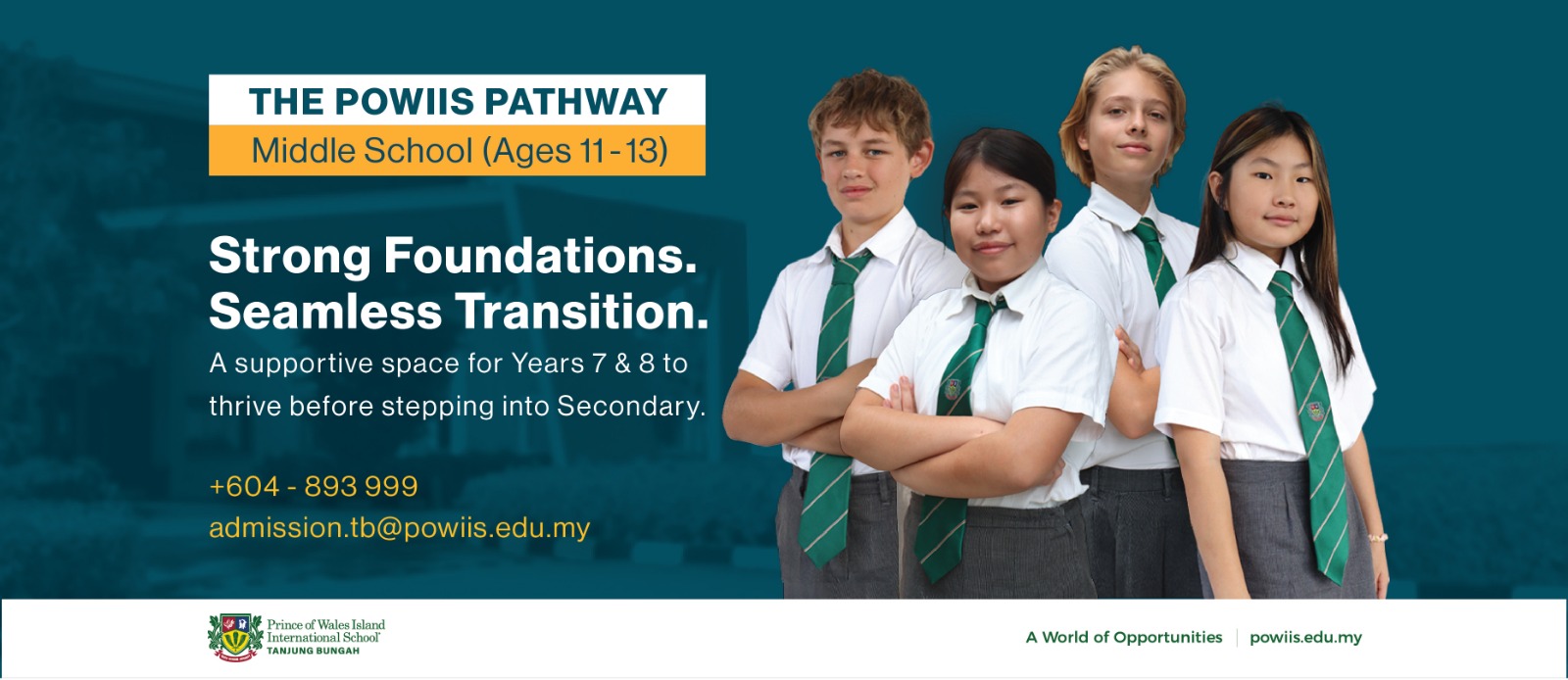





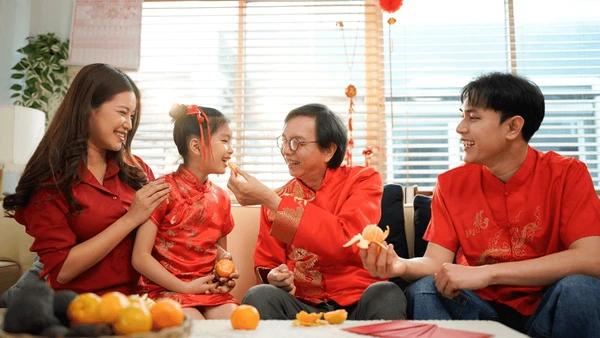

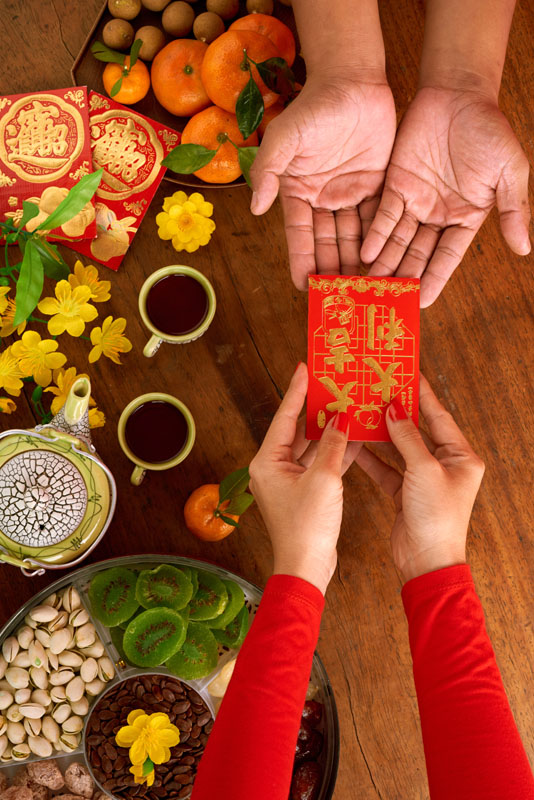
![[Straits International School - Penang] February Holiday Programme](https://mint-edm.sgp1.digitaloceanspaces.com/production/lh44hhnPredErEJXPoyTzwPNixA9Oj.jpg)
